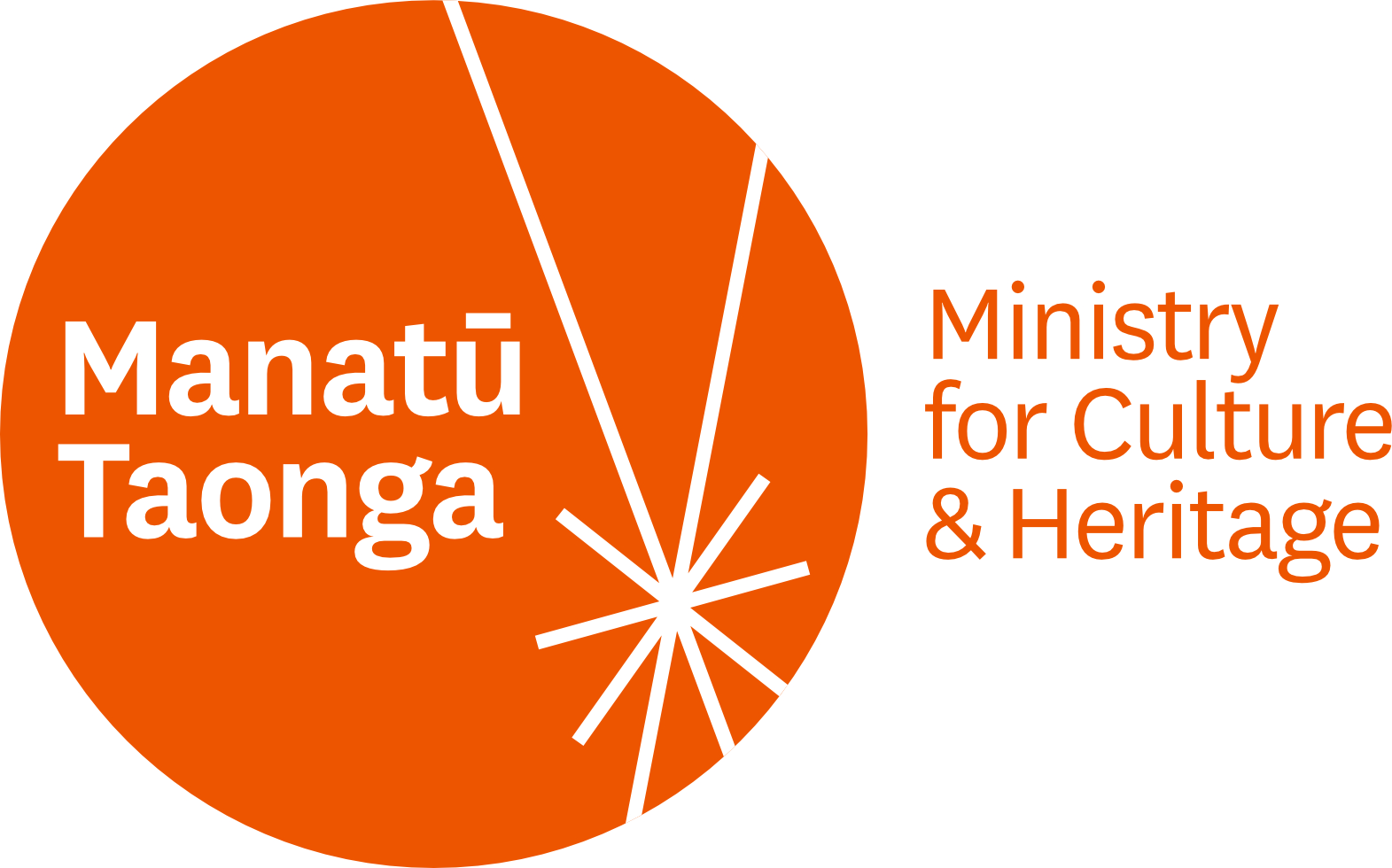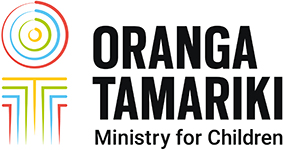Advocacy happens when a person puts a case on someone else’s behalf or publicly supports an action or cause. Being seen, heard, counted and speaking up are all examples of advocacy.
Self-advocacy requires speaking up for what is important for yourself and can be demonstrated by “showing up” and being seen. This in turn can include representing the concerns of others.
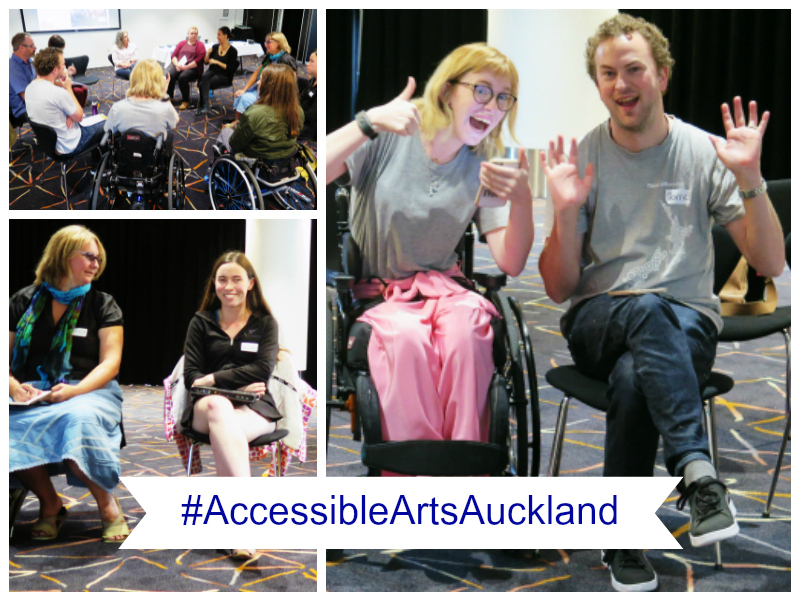 Stepping forward into advocacy is something that happens the more we live the life we have. People get involved in causes or issues they care about. Individuals and collectives stand up for or represent others who are unable to do so themselves, or they work alongside to support a person’s self-advocacy.
Stepping forward into advocacy is something that happens the more we live the life we have. People get involved in causes or issues they care about. Individuals and collectives stand up for or represent others who are unable to do so themselves, or they work alongside to support a person’s self-advocacy.
We step into advocacy when we first sign a petition, attend an interest group meeting or make a comment on behalf of someone who is unable to be in the room. Advocates create change for themselves, for others and whole communities.
I was so pleased to attend a workshop with a new group #AccessibleArtsAuckland, who shared their unique knowledge and advocacy skills so they could increase accessibility and inclusion in the arts.
Sharing unique lived experience of disability
It was inspiring for me to be with representatives of diverse communities in Auckland. They all brought their unique lived experience of disability to share, along with skills in social media, campaigns, using research and the law.
It’s essential that the voices of Deaf and disabled people are heard and valued when it comes to expressing their right to have access and be included in the arts.
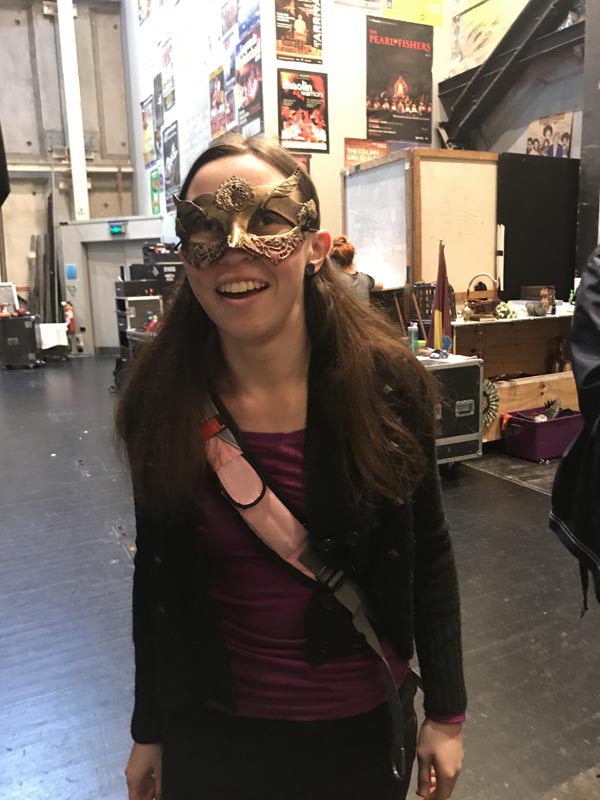 This blog written by workshop participant Áine Kelly-Costello, in its powerful, poetic form, is a firm statement and a call to others to join this movement. At the end of the blog, she invites you to join the movement. “Hey Aucklanders, I could offer for you to eat the vege frittata and chocolate brownie I enjoyed for lunch vicariously, or you could email Arts Access Aotearoa and get your own workshop invite for next time. On a more serious note, it sounds like the next session will be particularly good for people keen to get stuck into seeing a more co-ordinated and strategic approach to arts access advocacy across the Auckland-based community, so come hang if that’s your jam.”
This blog written by workshop participant Áine Kelly-Costello, in its powerful, poetic form, is a firm statement and a call to others to join this movement. At the end of the blog, she invites you to join the movement. “Hey Aucklanders, I could offer for you to eat the vege frittata and chocolate brownie I enjoyed for lunch vicariously, or you could email Arts Access Aotearoa and get your own workshop invite for next time. On a more serious note, it sounds like the next session will be particularly good for people keen to get stuck into seeing a more co-ordinated and strategic approach to arts access advocacy across the Auckland-based community, so come hang if that’s your jam.”
We first connected with Áine when she attended the audio described performance of the Royal New Zealand Ballet’s Romeo and Juliet. As a blind woman, she wrote a great blog for our website about the experience of going to the ballet with her mother.
Dionne Christian, the New Zealand Herald’s arts reporter and recipient of the Arts Access Media Award in 2016, wrote an article about accessible events in Auckland, including the recent Auckland Arts Festival, and quoted from Áine’s ballet blog.
Welcome to Jenny Hutchings
I’m delighted to welcome Jenny Hutchings to the Arts Access Aotearoa team. Jenny has started in a part-time position as Creative Spaces Advisor.
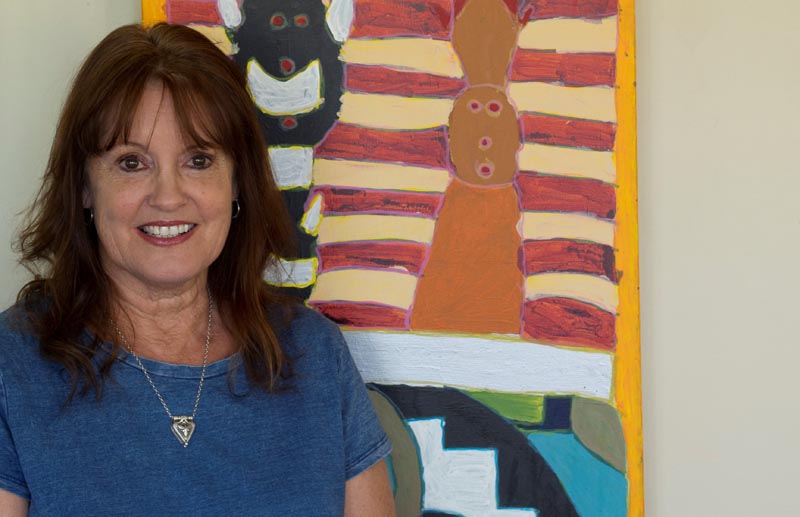 Jenny was formerly with Māpura Art Studios in Auckland and we are fortunate to have someone from within the sector to take up this new position, which is all about strengthening the sector and network of spaces and allied organisations.
Jenny was formerly with Māpura Art Studios in Auckland and we are fortunate to have someone from within the sector to take up this new position, which is all about strengthening the sector and network of spaces and allied organisations.
Jenny works Mondays and Tuesdays. Please contact Jenny (T: 04 802 4349 E: jenny.hutchings@artsaccess.org.nz) with your questions about creative spaces and opportunities you want to promote.
Have you every thought about getting a volunteer, artist or board member to write a blog about your creative space? Thanks to Arts Access Aotyearoa’s volunteer Keith Reeves, who visited Mix creative space in the Hutt and wrote a great piece about his experience.
LATEST POSTS
- Accessibility
- Accessible Arts
- Achievements Celebrations
- Active Recreation
- Advocacy Campaigns
- All New Zealand
- Arts Accessibility
- Arts Culture
- Arts Culture Venues
- Arts For All
- Arts In Corrections
- Canterbury Region
- Community Arts
- Community Services
- Covid 19
- Creative Spaces
- Creative Wellbeing
- Dance
- Disability
- Festivals Arts
- Galleries
- Global Issues
- Health
- Learning Disabilities
- Local People
- Maori Art
- Mental Health
- Musical Theatre
- Obituaries
- Professional Development
- Professional Development Arts
- Stories About Organisations
- Theatre
- View Point
- Visual Arts

